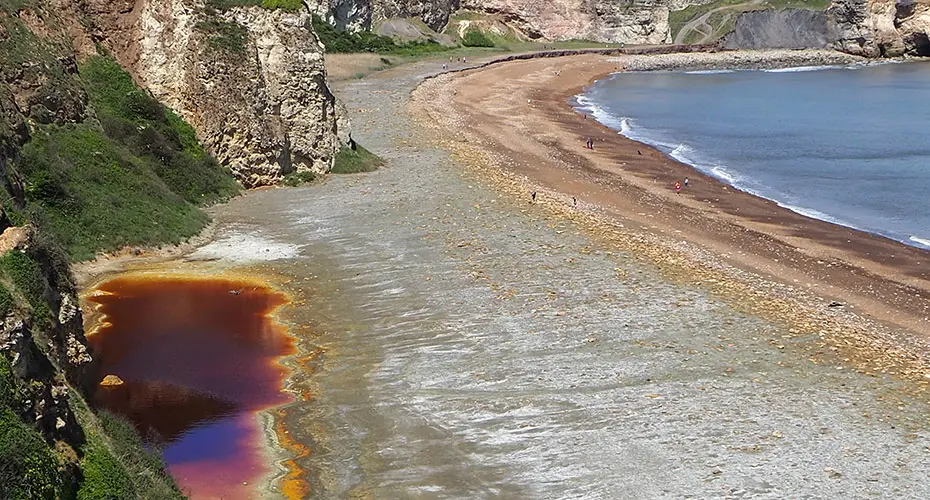Our Environment and Sustainability Institute is a dynamic incubator dedicated to restoring the environment and placing people at the heart of nature. By facilitating interactions between academic disciplines and with external partners, we guide interdisciplinary projects from concept to early implementation, bridging the gap between academic research and real-world impact. Join us to create transformative solutions that reconnect people with the planet and pave the way for a sustainable future.






